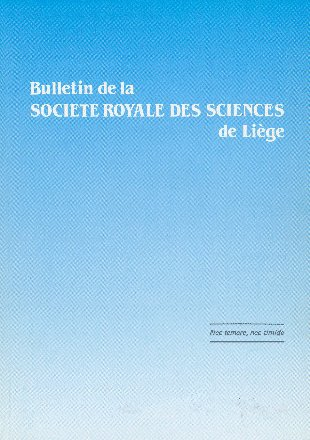- Portada
- Volume 74 - Année 2005
- Numéros 1-2- 3
- Basic and future concepts of interferometers, including the confusion effect
Vista(s): 418 (4 ULiège)
Descargar(s): 355 (8 ULiège)
Basic and future concepts of interferometers, including the confusion effect
Technology roadmap for future interferometric facilities, Proceedings of the European Interferometry Initiative Workshop organized in the context of the 2005 Join European and National Astronomy Meeting "Distant Worlds", 6 - 8 July 2005, Liège University, Institute of Astrophysics, Edited by J. Surdej, D. Caro, and A. Detal

Abstract
In this paper, we discuss the different recombination techniques in stellar interferometry and their implications in imaging reconstruction. Actually, three techniques exist for imaging interferometers : Fizeau, Densified and IRAN, each with different interests. Because of an incomplete frequency coverage in the (u,v) plane, all interferometers give a poor image quality with multiple bright peaks in direct imaging. This effect decreases the detectivity of faint sources due to the crowding effect. The aim of this article is to investigate this confusion problem in the both cases of a single pupil and of an interferometric array. Confusion noise is the crowding effect between the different sources present in the field of view of the instrument. This effect becomes important when the instrument has a large collecting surface and a weak quality for its Point Spread Function. This study gives an estimation of detectivity loss due to confusion noise with the different optical instruments.
Para citar este artículo
Acerca de: P. Riaud
Institut d'Astrophysique et de Géophysique, Université de Liège, Belgique
Acerca de: S. Cladé
Service d'Aéronomie du CNRS, Verrière le Buisson, France
Acerca de: O. Absil
Institut d'Astrophysique et de Géophysique, Université de Liège, Belgique
Acerca de: L. Arnold
Observatoire de Haute-Provence, France






